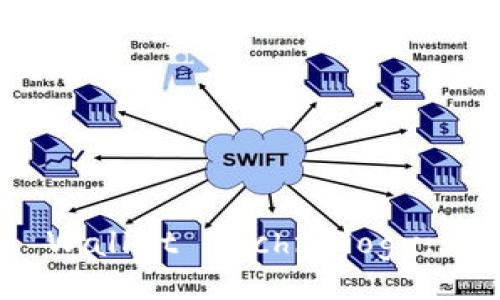Understanding Bitcoin Wallet Te
2025-04-10
Bitcoin, the pioneering digital currency, has garnered extensive media attention and public interest since its inception in 2009. One of the essential components of engaging with Bitcoin is understanding Bitcoin wallets, which serve as the digital equivalent of a physical wallet. In this comprehensive guide, we delve into the nuances of Bitcoin wallet technology, exploring how it works, the different types available, and their security features. We also address common questions surrounding the use and management of Bitcoin wallets.
A Bitcoin wallet is a software application, hardware device, or service that allows users to store, send, and receive Bitcoin securely. Unlike traditional wallets that hold physical currency, a Bitcoin wallet holds private and public keys essential for making transactions. The public key acts similarly to a bank account number, allowing others to send Bitcoin to it. In contrast, the private key functions as a password, enabling the wallet owner to access and manage their bitcoins.

Bitcoin wallets come in various forms, each with unique functionalities and security features. The major types of Bitcoin wallets include:
Software wallets can be further categorized into desktop, mobile, and web wallets. Desktop wallets are installed on a computer and offer a higher level of security, while mobile wallets are designed for smartphones and provide convenience for everyday transactions. Web wallets, accessed through browsers, often prioritize user-friendly interfaces but may have less security due to online vulnerabilities.

Hardware wallets are physical devices that store private keys offline, making them less susceptible to hacking. They connect to a computer or mobile device via USB or Bluetooth. The enhanced security features of hardware wallets make them a preferred choice for long-term investors holding significant amounts of Bitcoin.
A paper wallet involves printing out the public and private keys on a piece of paper. This method provides a physical backup of cryptocurrencies and keeps them offline, although it carries the risk of loss or damage.
Security is paramount when dealing with cryptocurrencies. Bitcoin wallets incorporate multiple layers of security to protect users from theft and unauthorized access. Common security features include:
When selecting a Bitcoin wallet, consider factors such as security, ease of use, and accessibility. For instance, if you prioritize security, hardware wallets like Ledger or Trezor may be suitable for you. If you require quick access and frequent transactions, mobile wallets such as Trust Wallet or Mycelium may be more appropriate. Evaluate the specific features you value—such as multi-signature support, integration with exchanges, or privacy features—to ensure your choice aligns with your cryptocurrency usage style.
While Bitcoin wallets provide convenience and security, they are not without risks. Software wallets, especially web-based ones, may expose users to cyber threats such as phishing attacks, malware, or hacking. Hardware wallets, while generally secure, may suffer from physical damage or loss. Moreover, if a user loses their private key, they effectively lose access to their bitcoins. Understanding these risks is critical for choosing the right wallet and implementing best security practices.
Recovering your Bitcoin depends on how you have stored your private keys. If you have a hardware or software wallet and have backed up your private key or seed phrase, you can restore access to your bitcoins by importing the backup into a new wallet. However, if you lose your paper wallet or do not have a backup, recovery may be impossible, underlining the importance of securely managing wallet backups.
Bitcoin transactions involve sending and receiving Bitcoin from one wallet to another. To initiate a transfer, a user inputs the recipient's public key, the amount to send, and confirms the transaction with their private key. Once confirmed, the transaction is sent to the Bitcoin network, where it is verified by miners and included in the blockchain. Transaction fees, determined by network congestion, may apply. The sending wallet will reflect the updated balance once the transaction is confirmed.
Switching Bitcoin wallets is relatively straightforward. Users can transfer their bitcoins by sending them to a new wallet's public key. If you wish to maintain access to all previous transactions, it's advisable to first back up your current wallet, then create a new wallet before initiating the transfer. Ensure to check the transaction fees and wait for confirmations, as you may want to ensure your coins are secure in the new wallet before considering the old one inactive.
In conclusion, Bitcoin wallet technology is a crucial aspect of engaging with cryptocurrency. Understanding the types of wallets available, their security features, and the risks involved is essential for ensuring safe and efficient handling of Bitcoin. Whether you're a casual user or a serious investor, selecting the right wallet can make a significant difference in your cryptocurrency experience.